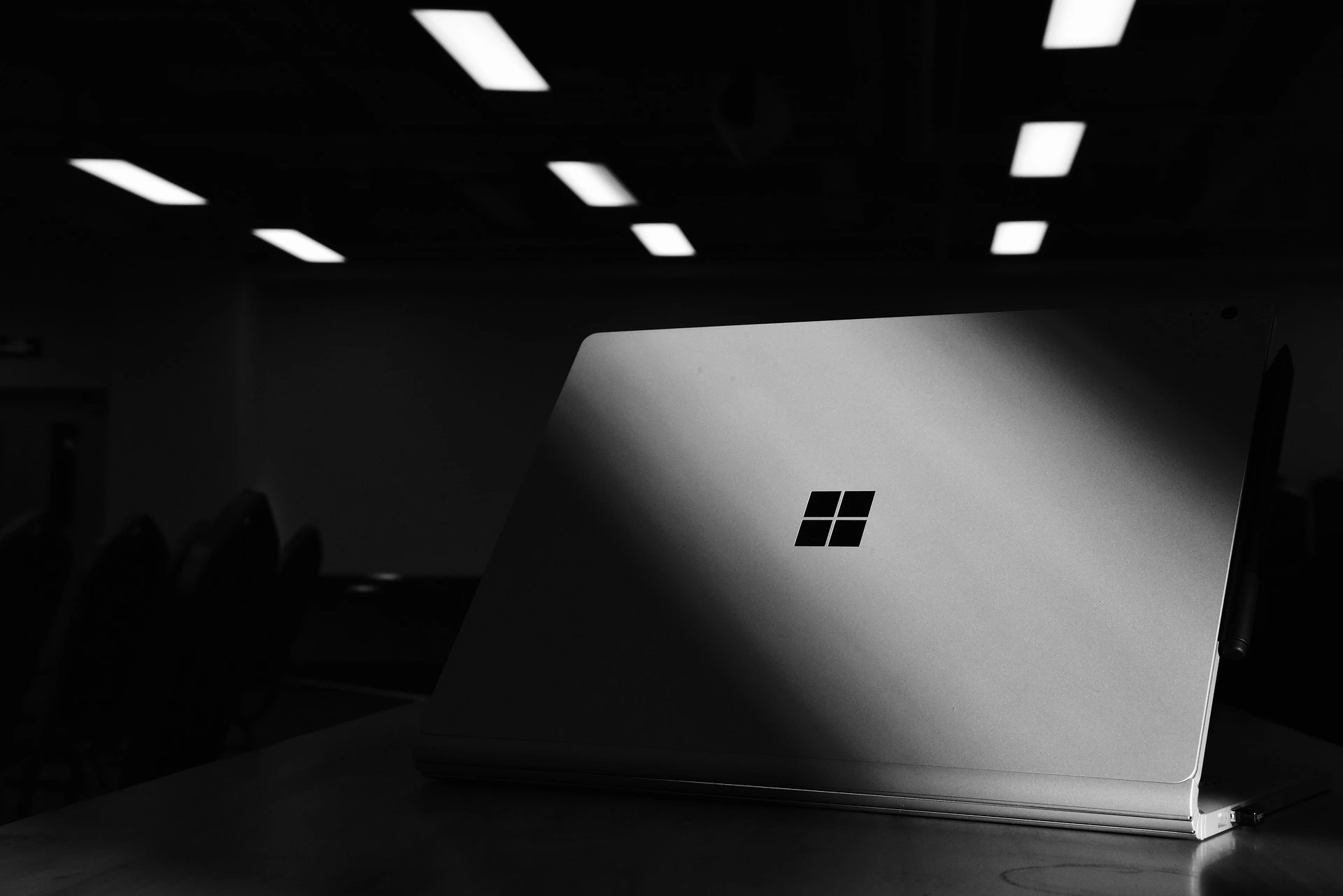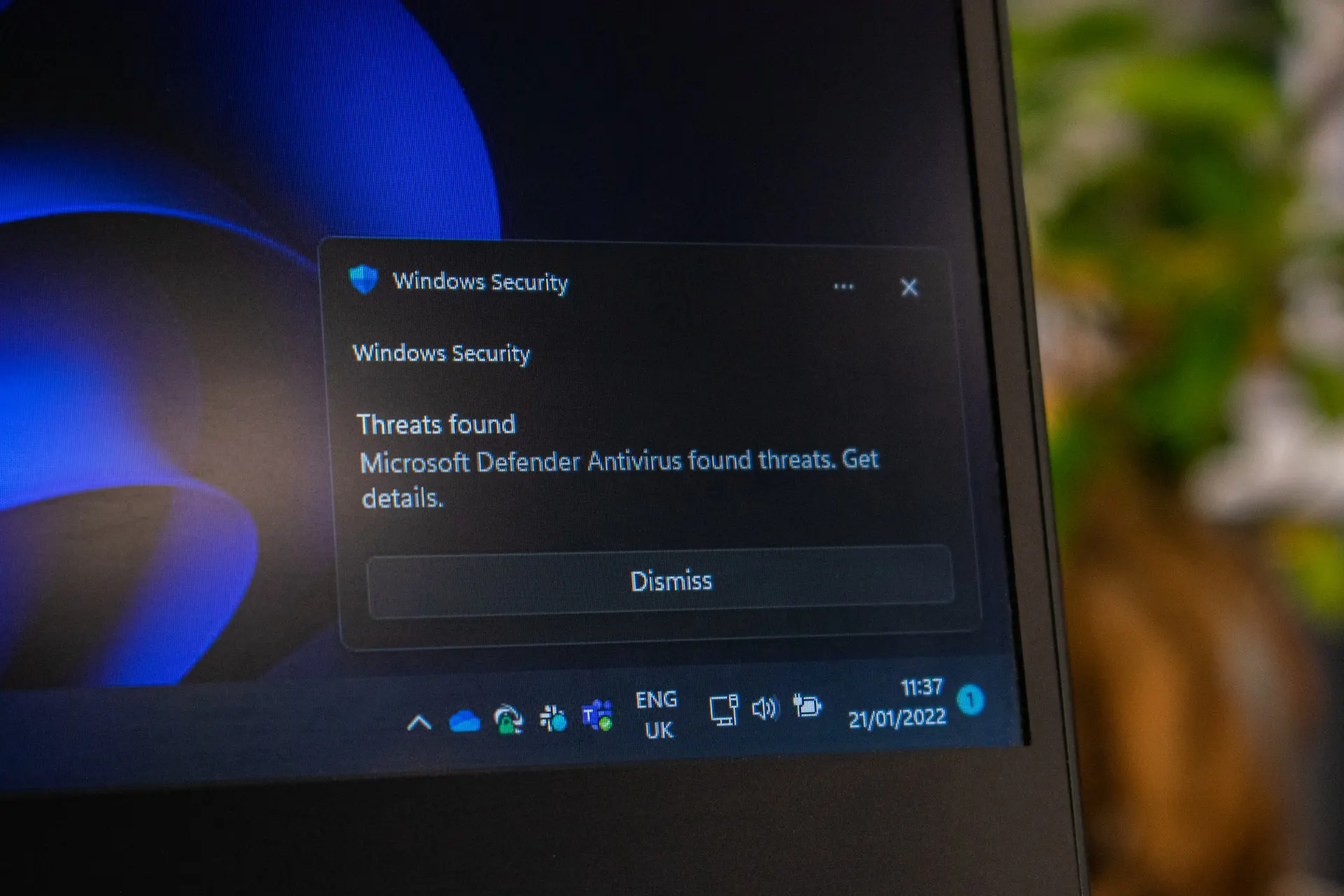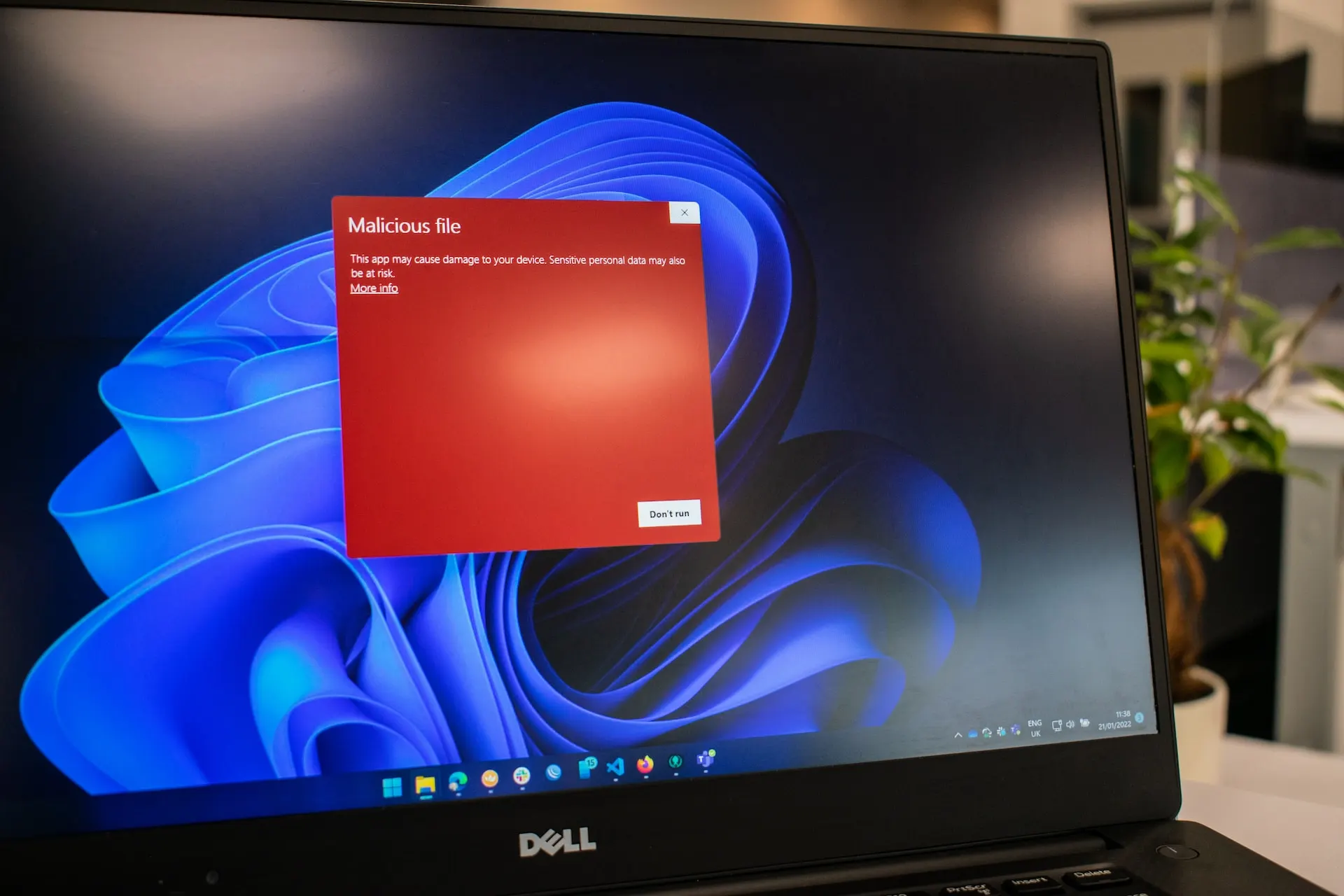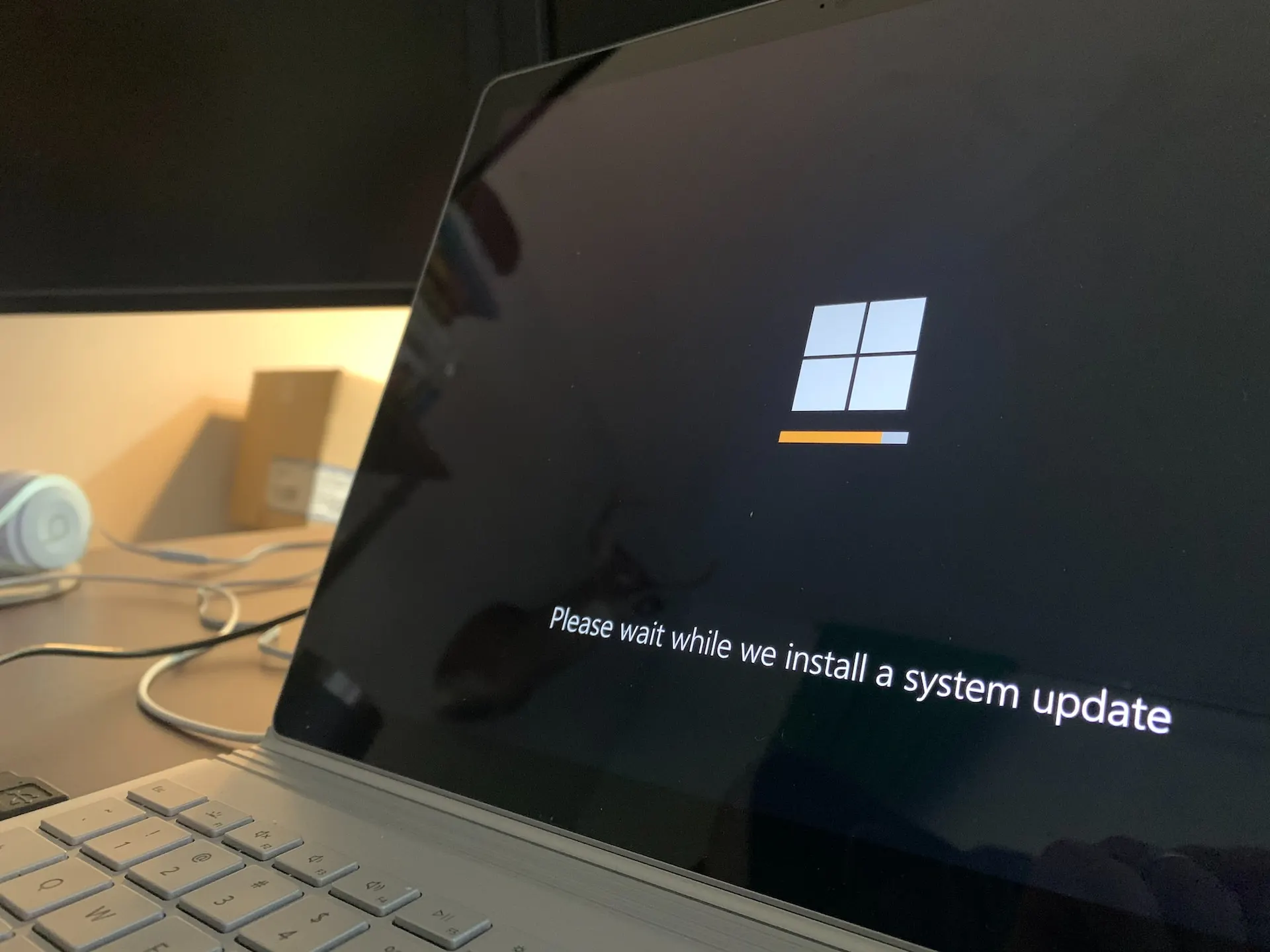Are you still using Windows 8.1? If so, you might want to reconsider your choice soon. Microsoft has announced that it will end support for Windows 8.1 on January 10, 2023. That means no more security updates, technical assistance, or software updates for this operating system. What does this mean for you and your cybersecurity? Read on to find out.
Why is Microsoft Ending Support for Windows 8.1?
Windows 8.1 was released in October 2013 as an update to Windows 8, which was widely criticized for its radical changes to the user interface and functionality. Windows 8.1 aimed to address some of the complaints and improve the user experience, especially for devices with touchscreens. Windows 8.1 introduced features such as the Start button, the ability to boot directly to the desktop, more customization options, and improved integration with Microsoft’s cloud services.
However, Windows 8.1 also had its share of problems and limitations. It was not compatible with some older hardware and software, it had a steep learning curve for some users, and it faced competition from other operating systems including Windows 10, which was released in July 2015. Windows 10 offered more features, more security, and more support than Windows 8.1, and it became the most popular version of Windows in the market.
Microsoft has been encouraging users to upgrade from Windows 8.1 to Windows 10 or Windows 11, which is the latest version of Windows that was released in October 2021. Windows 11 offers a new design, new features, new apps, and new security enhancements that make it the most advanced and secure version of Windows ever.
But what if you don’t want to upgrade? What if you want to stick with Windows 8.1 until the end? Well, you can do that, but you should be aware of the risks and challenges that come with using an unsupported operating system.
How Does It Affect Personal and Corporate Cybersecurity?
If you use Windows 8.1 on your personal devices, such as laptops, tablets, or smartphones, you should know that using an unsupported operating system can expose you to various cybersecurity threats and issues. For example:
- You will not receive any security updates or patches from Microsoft that can protect your device from viruses, malware, ransomware, or other cyberattacks that exploit vulnerabilities in the operating system.
- You will not receive any technical assistance or customer service from Microsoft if you encounter any problems or issues with your device or the operating system.
- You will not receive any software updates or improvements from Microsoft that can enhance the performance, functionality, or compatibility of your device or the operating system.
- You may face difficulties or errors when using other software or hardware that requires a newer version of Windows or that is no longer supported by its developers.
- You may lose access to some features or services that depend on Microsoft’s cloud services or servers that may be discontinued or migrated to newer versions of Windows.
- You may compromise your data or privacy if your device is hacked, infected, corrupted, or stolen by cybercriminals who can exploit the weaknesses of an unsupported operating system.
If you use Windows 8.1 on your corporate devices, such as desktops, servers, or networks, you should know that using an unsupported operating system can pose even greater risks and challenges for your business. For example:
- You may fail to meet some industry standards or regulations that demand a supported and secure operating system for your business operations or data protection. This can put you at risk of fines, penalties, audits, or lawsuits.
- You may expose your business assets or reputation to cyberattacks or data breaches that can result in financial losses, legal liabilities, operational disruptions, or customer dissatisfaction. This can damage your trust, credibility, and competitiveness in the market.
- You may hinder your business productivity or performance by using an outdated and inefficient operating system that can slow down your processes, systems, or workflows. This can affect your quality, efficiency, and profitability.
- You may miss out on the benefits of new technologies or innovations that can improve your business outcomes, such as artificial intelligence, cloud computing, or digital transformation. This can limit your growth, innovation, and differentiation.
Why Should You Care About Cybersecurity and Upgrading Your Operating System?
Because cybersecurity is not just a technical issue, but a personal and professional one. Cybersecurity can protect your identity, your privacy, your data, your money, your reputation, or your business from cyber threats that can cause serious harm or damage. Having a secure and updated operating system can also improve your device’s performance, functionality, compatibility, or usability, making your life easier and more enjoyable.
Don’t believe us? Just look at the facts. According to a report by Cybersecurity Ventures, cybercrime is expected to cost the world $10.5 trillion annually by 2025, up from $3 trillion in 2015. That’s more than the GDP of Japan, Germany, and the UK combined. Cyberattacks and data breaches can affect anyone, anywhere, anytime. In 2020 alone, there were over 1,000 reported data breaches in the US, affecting over 155 million individuals. And Windows 8.1 is not immune to these threats. In fact, it is more vulnerable than ever. Windows 8.1 still accounts for about 3% of the desktop operating system market share as of December 2021. That means millions of devices are still running an unsupported operating system that will soon become obsolete and insecure.
You might think that cybersecurity is only for big businesses or tech-savvy users, that upgrading your operating system is too expensive or complicated, that Windows 8.1 is still good enough or safe enough, or that cyberattacks or data breaches will never happen to you. But these are myths that can put you and your device at risk. Cybersecurity is for everyone who uses a device connected to the internet. Upgrading your operating system is not as costly or difficult as you might think. Windows 8.1 is not as reliable or secure as you might hope. And cyberattacks or data breaches can happen to anyone who uses an unsupported operating system.
That’s why we urge you to take action now and upgrade from Windows 8.1 to a newer version of Windows that is still supported and secure.
We Can Help You with That!
At EB Solution, we understand how crucial it is to keep your personal and corporate devices safe and secure from cyber threats. That’s why we offer a range of services and products that can help you protect your device and your data from any potential harm.
- We can help you upgrade your devices from Windows 8.1 to a newer version of Windows that is still supported and secure. We will assess your device’s compatibility and performance, recommend the best option for your needs and budget, and assist you with the installation and configuration process.
- We can help you back up your files and data to cloud services that are reliable and secure. We will set up your account and sync your files across all your devices, so you can access them from anywhere and don’t worry about losing them.
- We can help you install antivirus software or firewall programs that can detect and block malicious software or activities on your device.
- We can help you avoid suspicious links or downloads that might contain viruses or malware. We will educate you and your staff on how to spot phishing emails or fake websites that might try to trick you into giving away your personal information or downloading harmful files.
- We can help you ensure that your systems comply with industry standards or regulations. We will advise you on the best practices and policies for your industry and sector, and help you implement them on your devices.
Conclusion: Don’t Wait, Act Now
Windows 8.1 is no longer supported, which means that users who still use this operating system will face serious cybersecurity risks and challenges. Whether you use Windows 8.1 for personal or corporate purposes, you should be aware of the consequences of using an unsupported operating system and take measures to protect your device and your data. You should either improve your security on Windows 8.1 by following some tips and precautions, or you can upgrade from Windows 8.1 to a newer version of Windows that offers more features, more security, and more support. The choice is yours, but we recommend that you act fast.
If you need more help or guidance on how to upgrade from Windows 8.1 to a newer version of Windows, or how to protect your devices and your data from cyber threats, you can contact us at EB Solution. We are a leading Canadian cybersecurity provider that offers a range of services and products that can help you with any cybersecurity issue or challenge.
You can schedule a call with our experts right now or leave us a message to learn more about what we can do for you.




